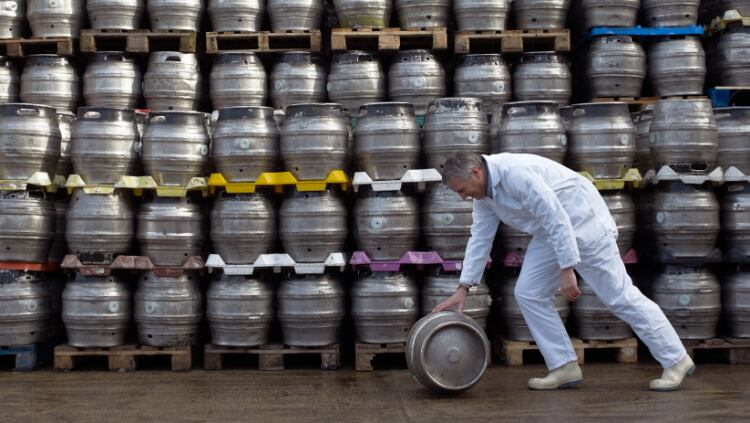The report from the Night Time Industries Association (NTIA) aimed to fully understand the economic contribution and significance of the night time cultural economy (NTCE) to the UK economy as well as the wider night-time economy (NTE) and the overall ‘out of home’ leisure economy (OHLE).
Over the decade prior to the pandemic the UK NTCE had shown a steady and sustained contribution to the UK’s gross domestic product (GDP), generating 1.64% or £36.9bn in 2019. However, this fell to £29.4bn in 2020 and to £24.1bn in 2021.
While both the OHLE and the NTE sectors were also significantly affected in 2020, they recovered modestly in 2021. This was not the case for the NTCE where consumer spending and share of GDP fell further.
In 2021 the wider UK NTE contributed 4.1% and £93.7bn to the UK economy. This was down from 5.1% and £116.1bn in 2019 respectively.
Worst hit
The NTE was among the worst hit by the pandemic. The report showed that while consumer spend recovery had happened to some extent in the OHLE economy, the NTCE further lost consumer spend in 2021.
NTIA chief executive Michael Kill said: “This benchmark report, defines the true journey this industry has been on over the last few years, and the profound impact on the entire nightlife ecosystem. With the night time culture economy, SMEs and independent businesses being hardest hit during the pandemic, and beyond.”
While the report showed small signs of recovery, Kill said it was clear the industry was still some way behind the rest of the economy. It was vital the Government cut VAT in the March Budget, he added, as this would allow the night time sector financial headroom to recover.
This is likely the result of closures and slower recovery of NTCE businesses relying on mass audience participation (e.g. nightclubs and live music venues. The research indicated the pandemic set back the economic contribution of these industries by about six or seven years.
Greater Manchester night time economy adviser Sacha Lord said Government had “failed” independent businesses operators and the UK cultural sector.
Small steps
One silver lining from the study was that jobs have recovered to pre-pandemic levels and are at an all-time high in some sectors.
The first NTE report showed that it supported approximately 425k UK jobs and 38k businesses in 2018. This fell to 392k jobs and 34k firms in 2021. However, estimates for 2022 suggest that there has been a robust recovery with 424k jobs and 35.5k firms.
The UK OHLE provided 2.92m of the country’s 32.75m jobs in 2018. In 2020 it fell to 2.69m albeit it bounced back to almost 2.87m in 2021. However, despite this, the industry still suffers from significant staff shortages and high vacancy rates, suggesting that growth is being held back despite the new jobs created in the past year.
Lord continued: “The report produced by the NTIA shows how hard these sectors have been hit over the last few years, delivering a stark reality of the challenges faced by the industry.”
“It is now vitally important that the Government, armed with this report, do everything possible to protect these vitally important businesses, that deliver beyond economic impact, but are vital to social cohesion, nightlife and domestic tourism and the mental health and well being of the UK.”
“I would urge the Government to reduce VAT for all businesses, so they are able to further contribute to the recovery of the UK economy.”




